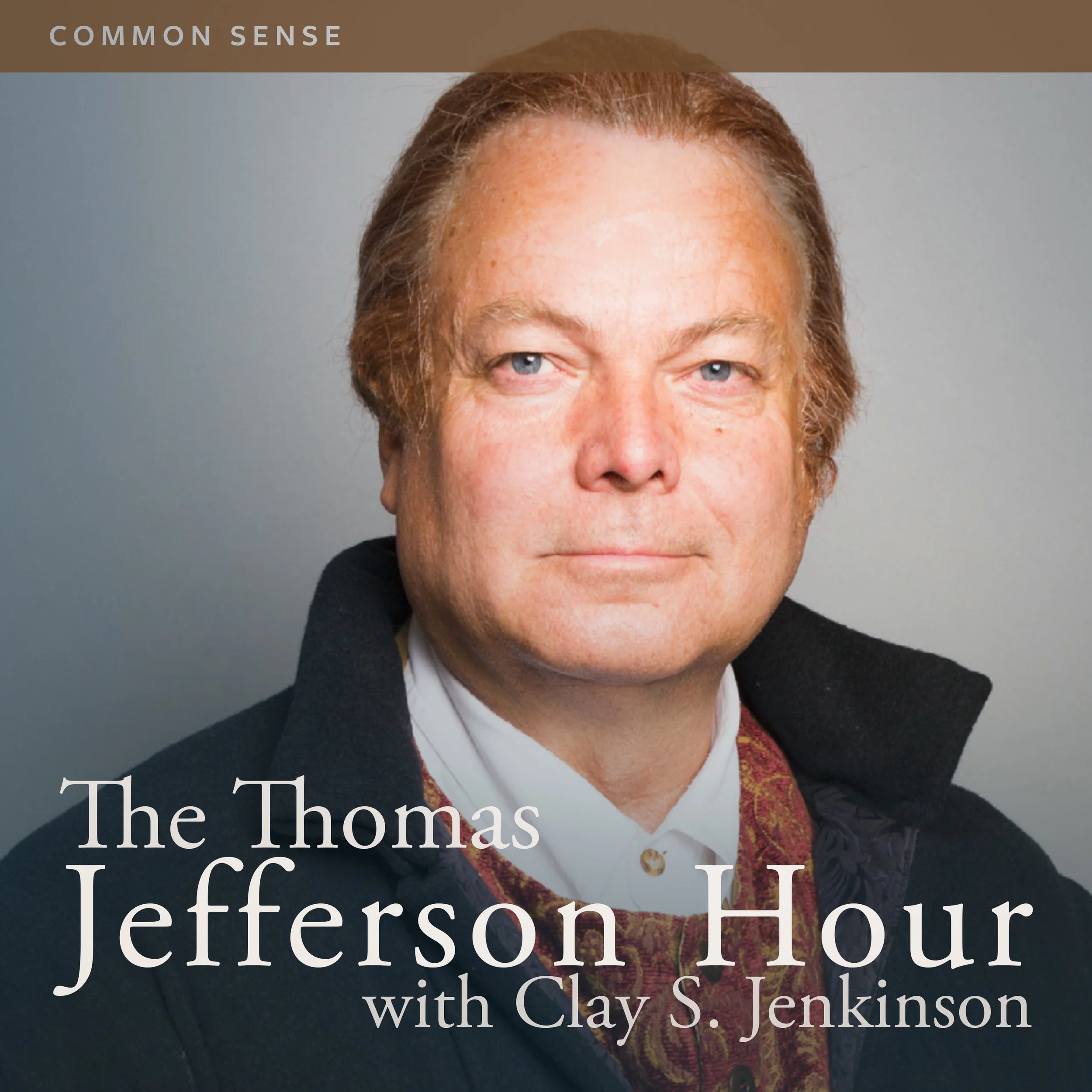This week, Clay takes a deeper look at Jefferson and religion. Jefferson considered the teachings of Jesus as having "the most sublime and benevolent code of morals which has ever been offered to man," but he felt that the pure teachings of Jesus were inaccurately appropriated by some of the early followers of Jesus which led to a Bible that had both "diamonds" of wisdom and the "dung" of ancient political agendas.
#1334 Benjamin Rush with Stephen Fried
"He and Jefferson talked about everything."
— Stephen Fried
Benjamin Rush was a physician, politician, social reformer, humanitarian, educator, and a signer of the U.S. Declaration of Independence. Rush was a leader of the American Enlightenment and an enthusiastic supporter of the American Revolution. Born the son of a Philadelphia blacksmith, Rush touched virtually every page in the story of the nation’s founding. It was Rush who was responsible for the late-in-life reconciliation between John Adams and Thomas Jefferson. This week we speak with the author Stephen Fried about his new book, Rush: Revolution, Madness, and Benjamin Rush, the Visionary Doctor Who Became a Founding Father.
#1319 Looking Back
The Declaration of Independence
#1292 Common Sense
"Paine refused to take proceeds from this book."
— Clay S. Jenkinson
This week, we present another of our Jefferson Hour Book Club episodes and discuss Thomas Paine’s Common Sense.
Thomas Paine
Common Sense by Thomas Paine
#1291 Circumstances
"The debate in American history is not between Hamilton and Jefferson, the debate is between Adams and Jefferson."
— Clay S. Jenkinson
This week, we answer listener questions on the Thomas Jefferson Hour, including a letter from a writer who wonders whether the Founding Fathers were geniuses who seized the moment, or simply average people living in extraordinary times. We also speak with our good friend Beau Wright.














